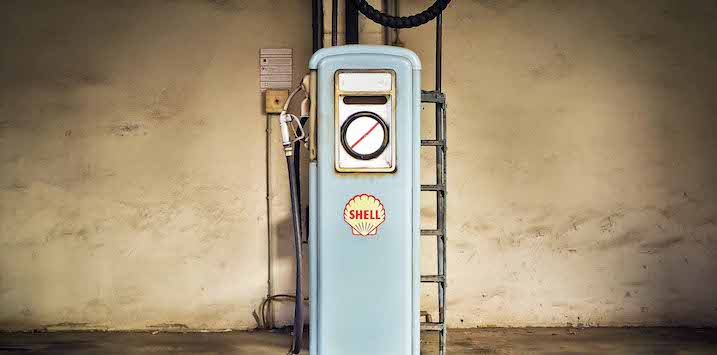
Our take on the Viva Energy IPO
Viva Energy Group (VEA) – which owns the Shell petrol station network in Australia – listed on the ASX on 13 July. It was the largest IPO since the Medibank float in 2014. On face value, the company’s metrics look appealing. So we thought we’d take a closer look to see how it stacks up against its closest rival, Caltex.
This post was contributed by a representative of Montgomery Investment Management Pty Limited (AFSL No. 354564). The principal purpose of this post is to provide factual information and not provide financial product advice. Additionally, the information provided is not intended to provide any recommendation or opinion about any financial product. Any commentary and statements of opinion however may contain general advice only that is prepared without taking into account your personal objectives, financial circumstances or needs. Because of this, before acting on any of the information provided, you should always consider its appropriateness in light of your personal objectives, financial circumstances and needs and should consider seeking independent advice from a financial advisor if necessary before making any decisions. This post specifically excludes personal advice.
INVEST WITH MONTGOMERY
Hi Joseph
Interestingly you point out that you think that the share price of caltex would be derated down from the its current multiple should it choose to divest property portfolio (and return the funds to shareholders in the form of an off market buy back) and then regear the business back to current levels on a net debt/ebitda basis.
The return on equity of the new business would be circa 25% and for a business operating in a relatively stable market with high barriers to entry I would have thought the market would prescribe a premium multiple to the business.
Is this not similar to the current logic applied to the Coles spin off from Wesfarmers, the market is now beginning to fully appreciate the strength of the bunnigs business and has rerated the share price of Wesfarmers upwards despite the fact nothing has really changed if you were originally valuing the original conglomerate based on the sum of its parts.
Hi Matthew,
I’m not suggesting the multiple of Caltex would be de-rated should they divest its property portfolio, it was to demonstrate how the Caltex multiple would compare to Viva under the same financial engineering / balance sheet structure, ceterus paribus. Of course, the key difference here is existing shareholders of Caltex would be the beneficiaries of any potential shareholder return (or M&A), rather than Viva Energy’s prior owners.
The corollary would be to assume lease liabilities as debt for both entities, which would have the effect of increasing the Viva EV / EBITDA multiple to one more on par with Caltex’s current trading multiple.
Hi
Could you possibly give a price for the intrinsic value of Viva.
Thanks
Hi Jeff
Intrinsic valuation are estimates at best, dependent on your inputs around discount rates and peer multiples which are subjective. Have a look at the Viva business model in terms of the key drivers for earnings such as fuel volumes – I would focus on the outlook for these drivers and how this will impact profitability and cash flow to determine a valuation reflecting this view.